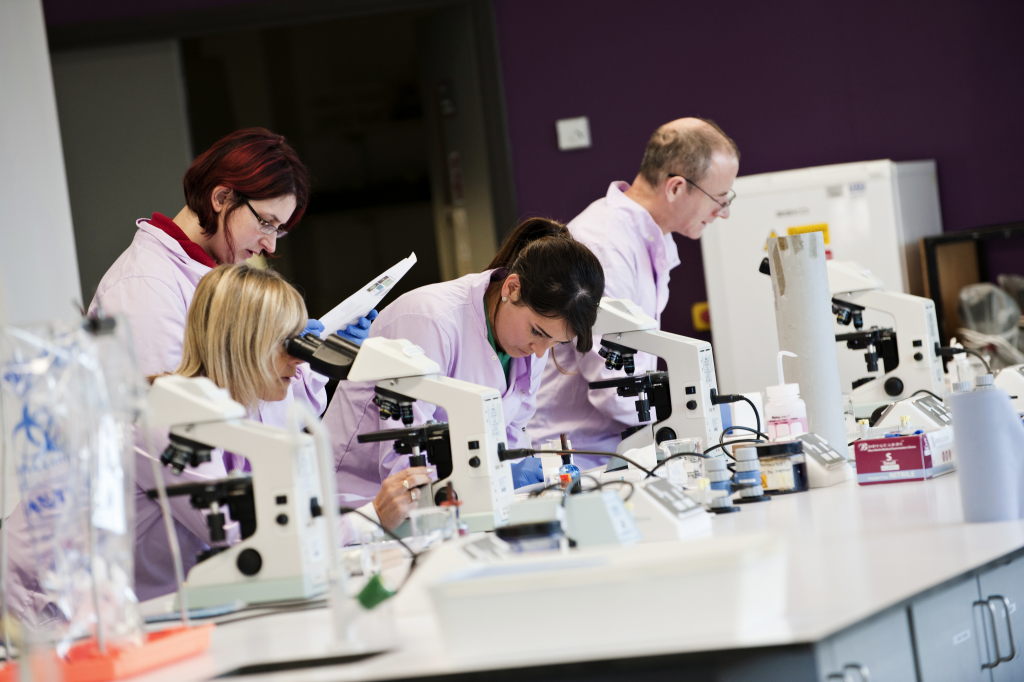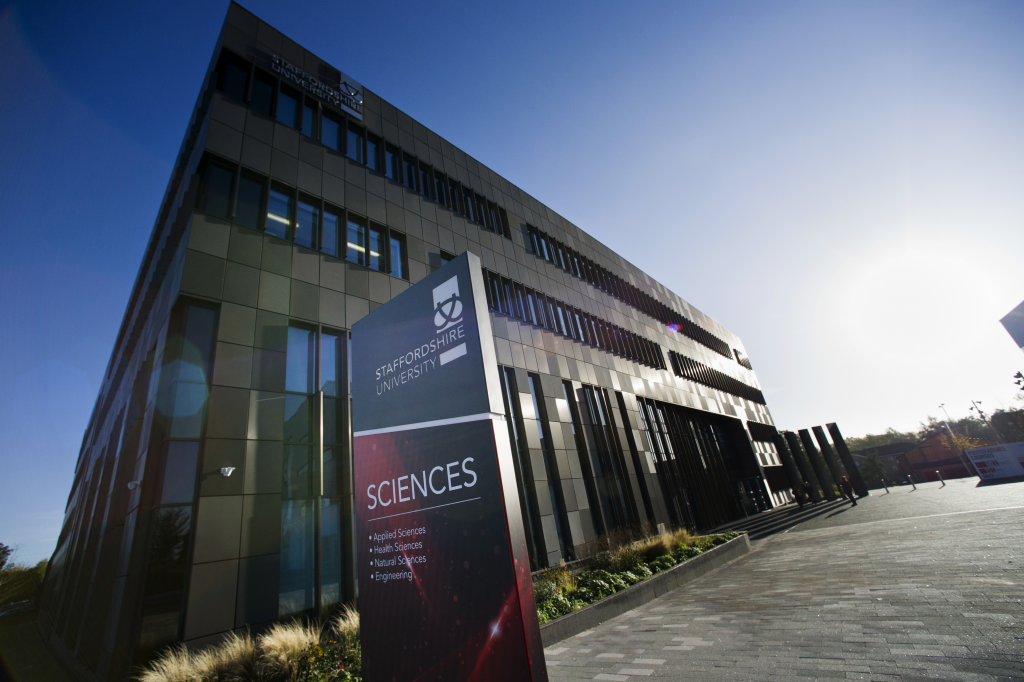In this post our Level 6 student, Sophie Barlow, discusses the power of the placement.
When I was at school my interest to study Biomedical Science was confirmed by a week’s placement work experience at a NHS hospital. At the time I was unclear about what I wanted to study, but knew that I wanted to work in a laboratory. I was given some advice from a Biomedical Scientist who told me a degree that was accredited by the Institute of Biomedical Science (IBMS) was what I need to achieve in order to work in a NHS Laboratory. This led me to a small number of universities that actually offer IBMS accredited Biomedical Science degrees and eventually I chose a Biomedical Science award at Staffordshire University.
After two years of study at Staffordshire University studying Biomedical Science, I was asked to secure a three week work placement as a part of my Professional Practice and Placement module. I contacted the same hospital and was fortunate enough to be offered three weeks working in the Haematology and Transfusion service. During those three weeks I was placed to work as a support worker. I was also shown how the Biomedical Scientists complete other tasks such as validation of results from the samples that had been run on the analytical machines. I was taken to observe a coagulation clinic, in which Biomedical Scientists have some contact time with patients, while they are undergoing treatment of the anticoagulant warfarin. After making the most of my time there understanding and experiencing the areas in more depth, it became apparent that this was what I want to be doing after my graduation. I therefore enquired into the possibility of completing my IBMS training portfolio in the same department and was successful in being offered a place to do so before my official graduation in June 2018. Opportunities to do this are very limited as the time needed to support and mentor the trainees not always being a viable option. I am very excited at the prospect of being able to utilise my experience at the hospital to fulfil my career ambitions within biomedical science.

When I discussed my placement with Paul Orsmond, I used the cliché saying that you do believe that ‘these opportunities don’t happen to people like me!’ The reality is, unless you use some self-initiative to get yourself into a position that allows an opportunity to be presented to you; the cliché will end up being true. Therefore, when you get an opportunity and guidance by the university to undertake a placement it is important to get the most from it. Whether the job is something you want to pursue as a career or not, the first step to being successful is developing contacts and networks, as well as making and maintaining a good impression. After all, scientists do say it only takes an average of 7 seconds for a person to form a first impression of you.

